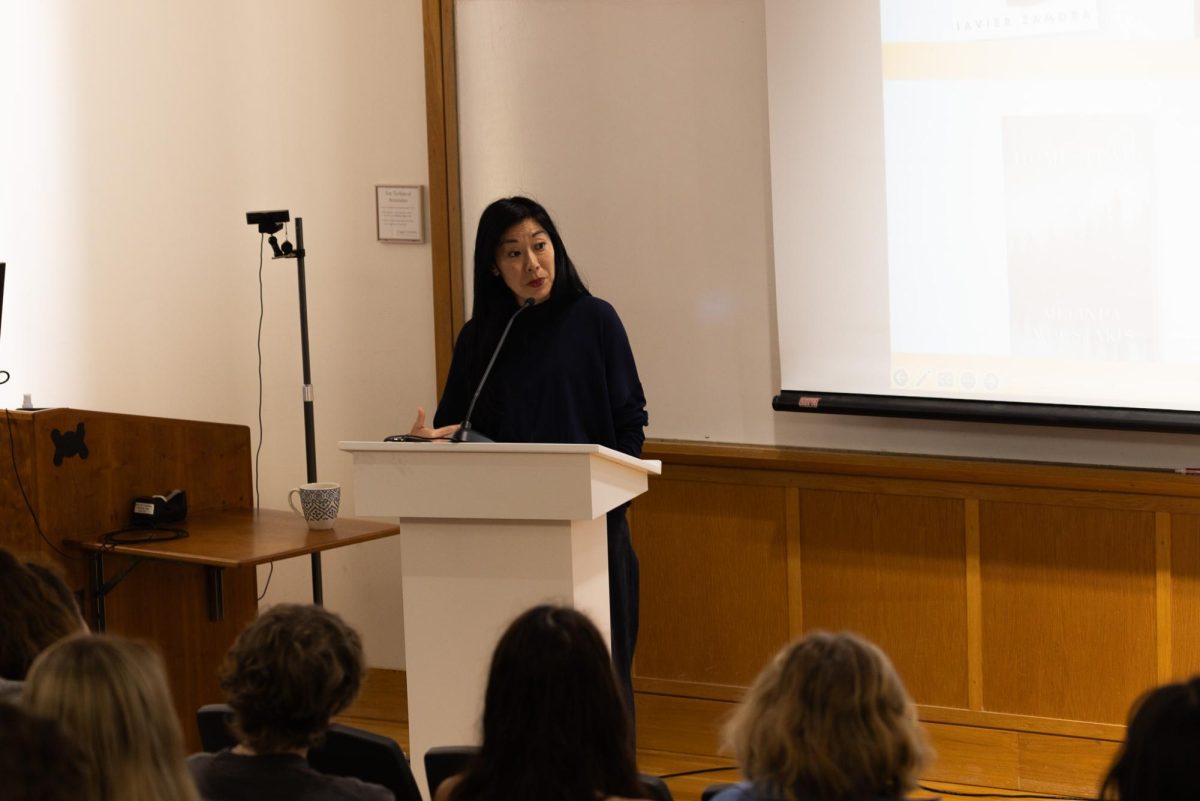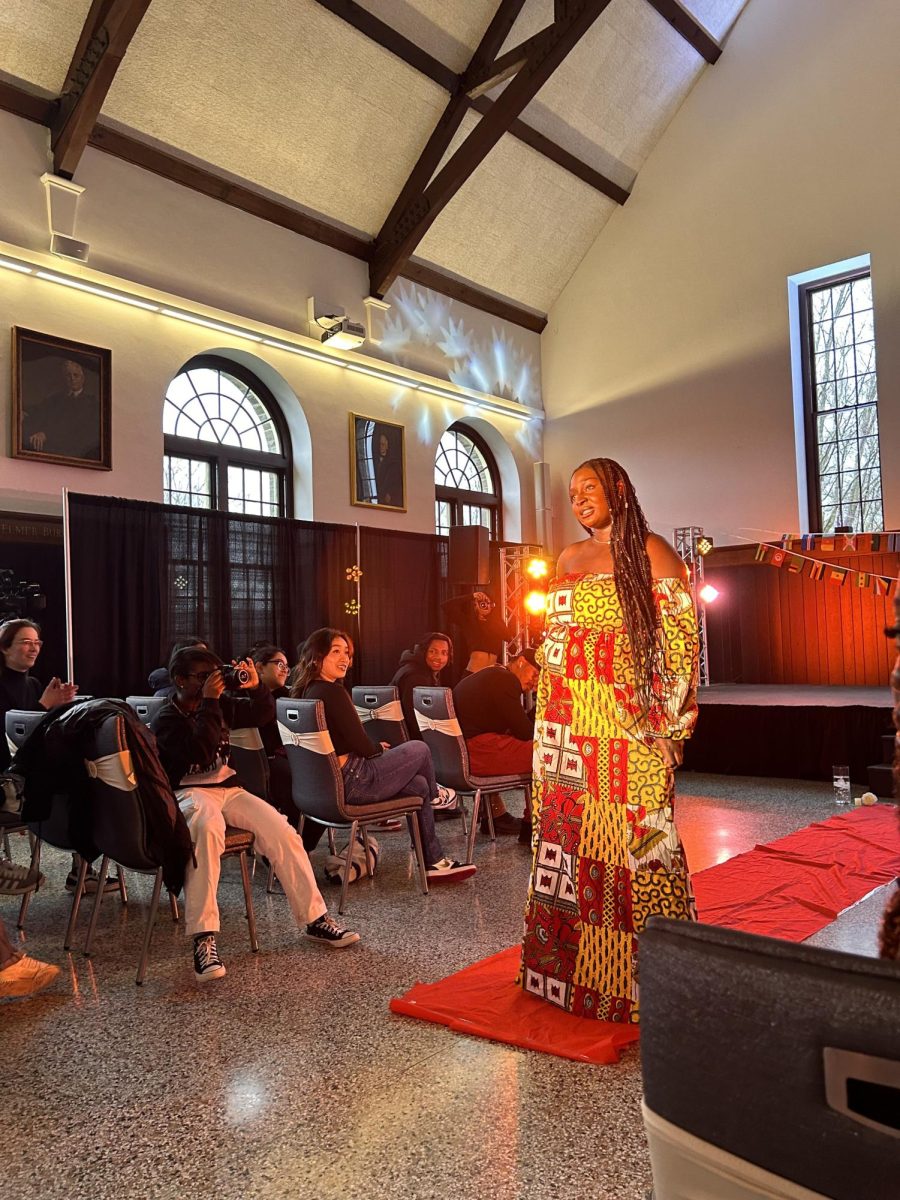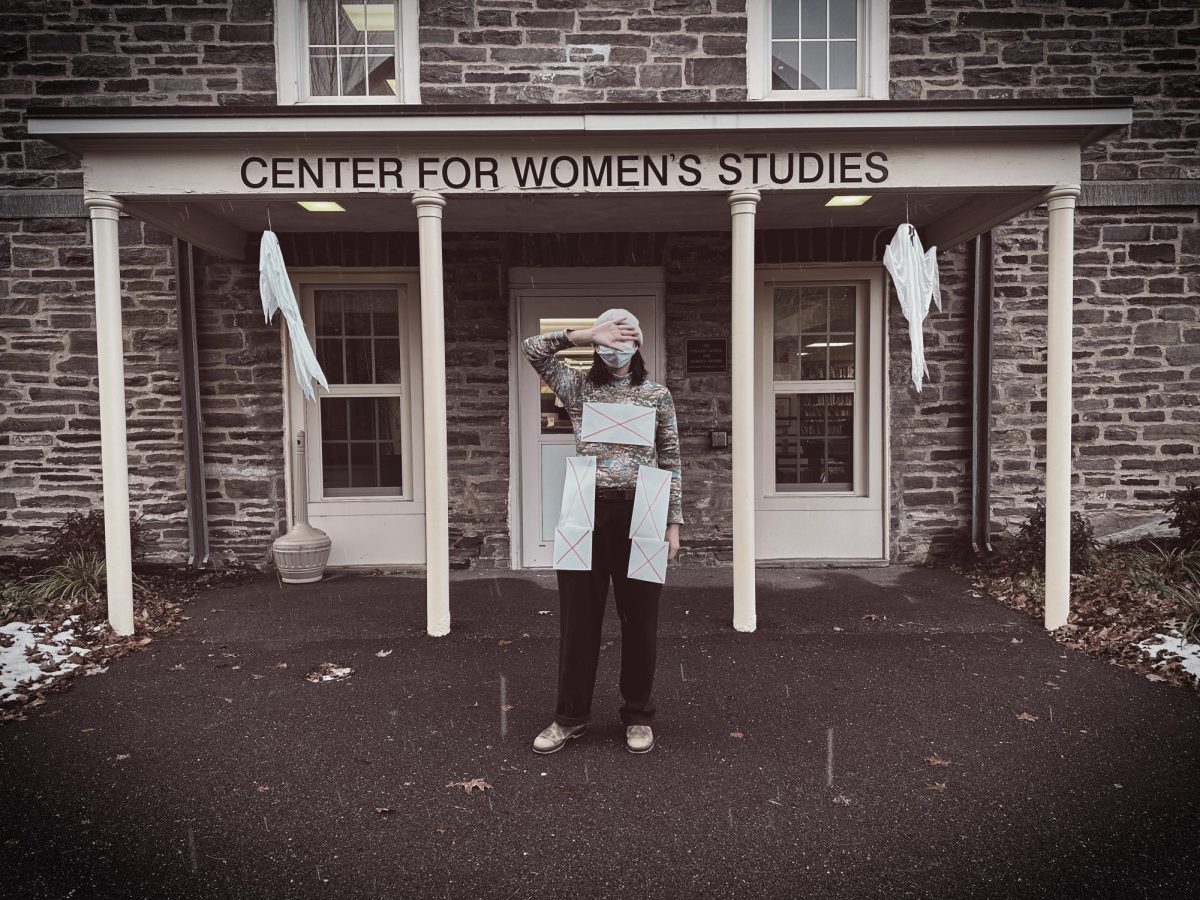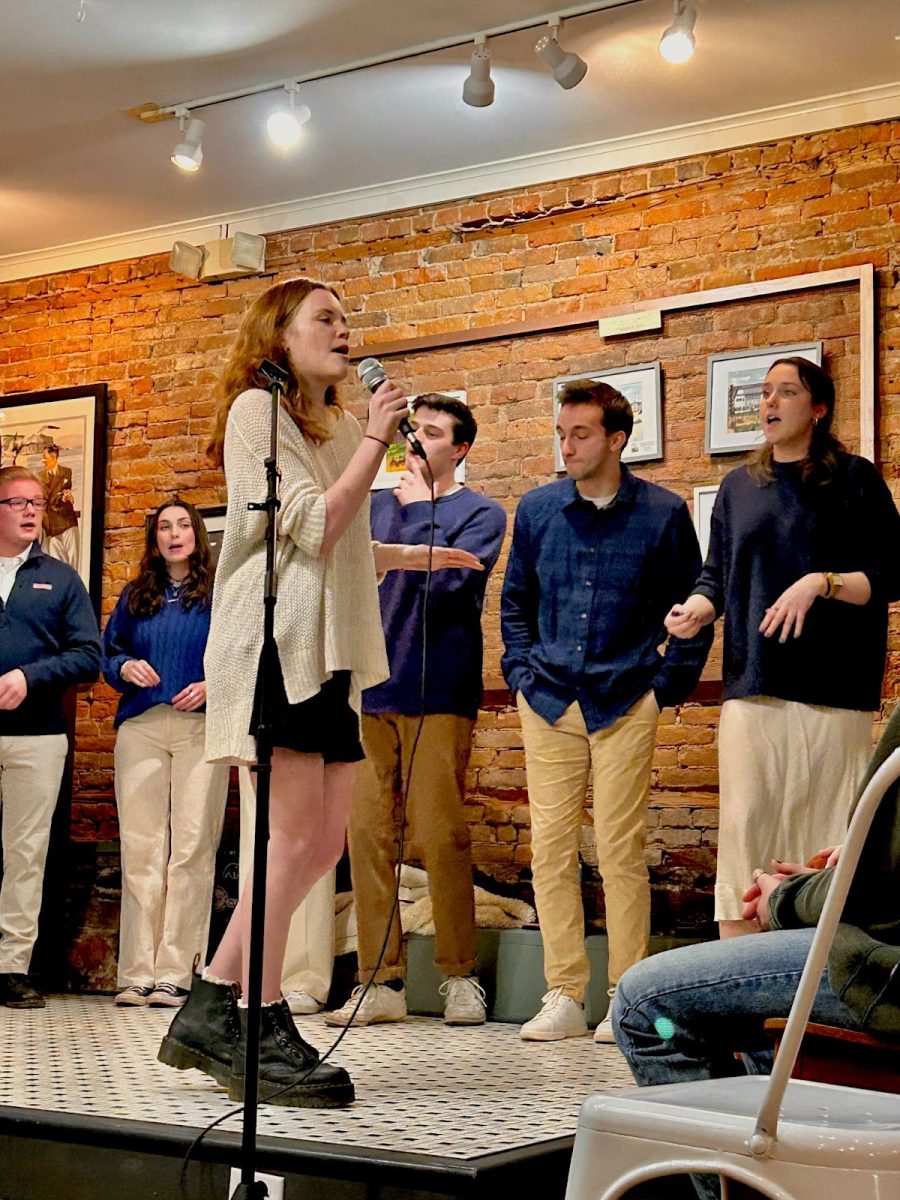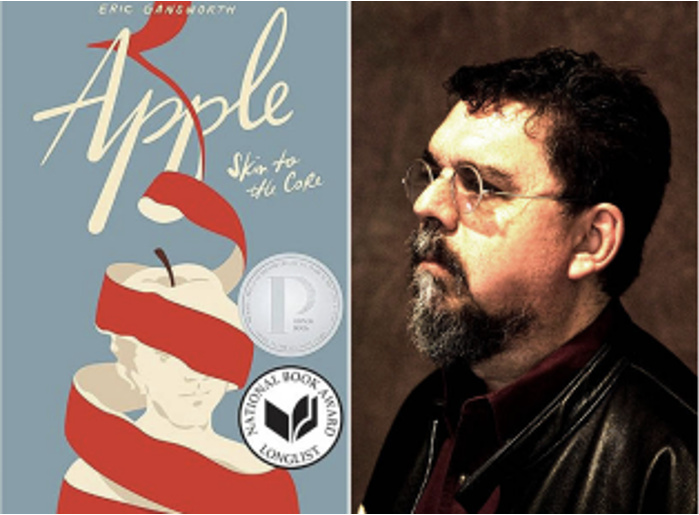The Colgate University community welcomed author Katie Kitamura on Thursday, Nov. 9, to speak in Persson Auditorium as part of the Living Writers series. Kitamura is a distinguished author, research fellow and journalist whose most recent work, “Intimacies,” was chosen as one of nine novels included in Colgate’s 2023 Living Writers collection. “Intimacies,” was one of The New York Times’ 10 Best Books of 2021 and was long-listed for the National Book Award, the PEN/Faulkner Award and the Prix Fragonard. It was also a finalist for the Joyce Carol Oates Prize and the Grand Prix de l’Heroine.
During the event, Kitamura shared an exclusive excerpt from her unreleased fifth novel, engaged in a Q&A session and offered insights into her creative inspiration and process.
Senior Mia Buchband enjoyed learning from Kitamura during the Q&A session about how her identity and experiences presently impact her work.
“It was so great to hear Kitamura talk about her career, especially how her writing style has changed through the years, and how her backgrounds — both as a dancer and as an expert of American literature — impact her work,” Buchband said. “Along with her own experiences that she drew on, her prolific writing and striking ability to connect to greater societal trends made her a great example to engaged students.”
Kitamura explained during the Q&A portion that her work often centers around questions of authenticity, particularly how people perform roles with less agency than they choose to believe we have in our everyday lives. Kitamura explained that subjectivity was key to her creative process, and that her work is often characterized by nameless protagonists and a focus on place through the lens of a new arrival to someplace foreign. For example, in “Intimacies,” the story follows an unnamed Japanese-American woman who moves to The Hague, Netherlands to work as an interpreter at the International Criminal Court, chronicling her complicated relationships with others and her own agency.
Many students and community members, like senior Tess Dunkel, asked questions specifically about “Intimacies” in the Q&A period, since it has been widely read through the Living Writers program.
“Kitamura’s novel, ‘Intimacies,’ is unlike many others that I have read before,” Dunkel said. “It finds its power in its carefully arranged language and brings suspense through purposefully masking details that many storylines cover extensively, like the identity of the protagonist. The plot is deeply interior, as it focuses mainly on the thoughts of the unnamed narrator as she navigates challenging relationships, a new high-stakes job and an unfamiliar city. Kitamura’s extensive research throughout her writing process, which she explained in her reading, finds its way seamlessly into the storyline, creating a truly indulgent narrative that forces readers to become lost in a world they are still piecing together.”
Sophomore Abby Call was similarly inspired by the novel and Kitamura’s reflections on it.
“What really stood out to me about Kitamura’s talk was her reflection on the writing process for her novel, and how this differed from [that of] her previous work. Instead of just focusing on style, she pushed herself to consider the subjectivity of the human experience and the inability to express meaning, yet trying again and again. Her novel seemed so amazingly human to me, and I believe this stems from her embrace of the unexplainable,” Call said.
The accompanying course to the Living Writers program involves 50 undergraduates each Fall semester and extends to alumni, parents, community members and friends of Colgate. Both ENGL 360 and first-year seminar AHUM 160 are taught by Professor of English Jennifer Brice, the director of the Living Writers project. The selected books for this year center around a theme of finding home and self.
Dunkel, an intern for the Living Writers project, expressed how her role has been fulfilling, further highlighting the enriching conversations that she’s had with colleagues and the opportunity to dive deeply into literature.
“I’ve loved working on the Living Writers project, both as a summer research fellow and a semester intern. I spent the summer in Hamilton with my friend and co-intern, [senior] Dulcie Lou Morris, reading and researching the books. We also helped create the Living Writers webpage and schedule emails for the program. Working so closely in this program has been a privilege — it’s rare to have enough time to really dive into literature and analyze its meaning and impact. Conversations with [Morris] and Professor Brice are enriching and insightful, and they always leave me excited to learn more about what possibilities the world of literature can offer,” Dunkel said.
The Living Writers program continues to foster a literary environment that explores the complexities of home, self and place. Kitamura’s visit to Colgate through the program provided an intimate glimpse into her creative world, sparking inspiration and reflection among attendees. More information about the Colgate Living Writers program can be found on the Colgate website.


